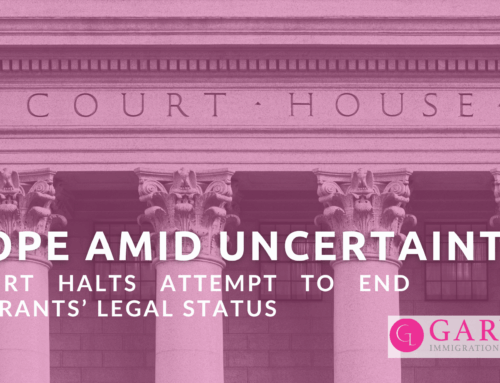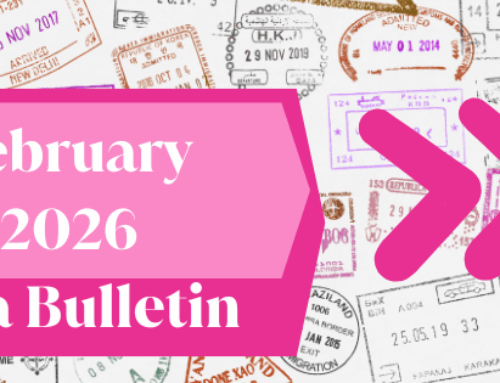If you’re currently navigating the U.S. immigration system you’ve likely heard about the Trump administration’s intensified focus on social media activity. This policy shift has introduced new complexities for foreign nationals, students, and professionals seeking to enter or remain in the U.S. Here’s what you need to know.
What’s Changed?
Recently, the U.S. State Department began requiring visa applicants, particularly those in the F, M, and J categories, to make their social media profiles public for government review. This move is part of a broader effort to vet applicants based on their online presence, including posts, affiliations, and expressed opinions.
The administration has also revoked visas for individuals who have made online statements deemed critical of the U.S. or supportive of groups labeled as adversaries. Notably, six foreign nationals had their visas revoked after making disparaging remarks about the assassination of conservative activist Charlie Kirk. These actions have raised significant concerns among civil rights groups and legal experts about the implications for free speech.
Legal and Ethical Implications
The expansion of social media vetting has sparked legal challenges. Labor unions representing educators and workers have filed lawsuits alleging violations of First Amendment rights, arguing that monitoring and penalizing individuals for their online expressions constitutes unconstitutional censorship.
Experts from institutions like Columbia University’s Knight First Amendment Institute have criticized the policy, stating that revoking visas based on online speech is a direct infringement on free expression. They emphasize that such actions could deter individuals from voicing legitimate political opinions or engaging in discourse that is protected under the U.S. Constitution.
Protecting Your Rights
If you’re a visa holder or applicant, it’s crucial to understand how this policy might affect you. Here are some steps to consider:
- Review Your Online Presence.
- Maintain Privacy Settings unless you must make your profile public for a visa appointment.
- Seek Legal Advice.
At Garvish Immigration Law Group, we are committed to helping you navigate these complex issues. We understand the challenges posed by increased scrutiny and are here to provide guidance tailored to your specific situation.
If you’re concerned about how social media vetting may impact your visa application or status, or if you’ve experienced adverse actions related to your online activity, we’re here to help. Contact us to schedule a consultation with one of our experienced attorneys.



